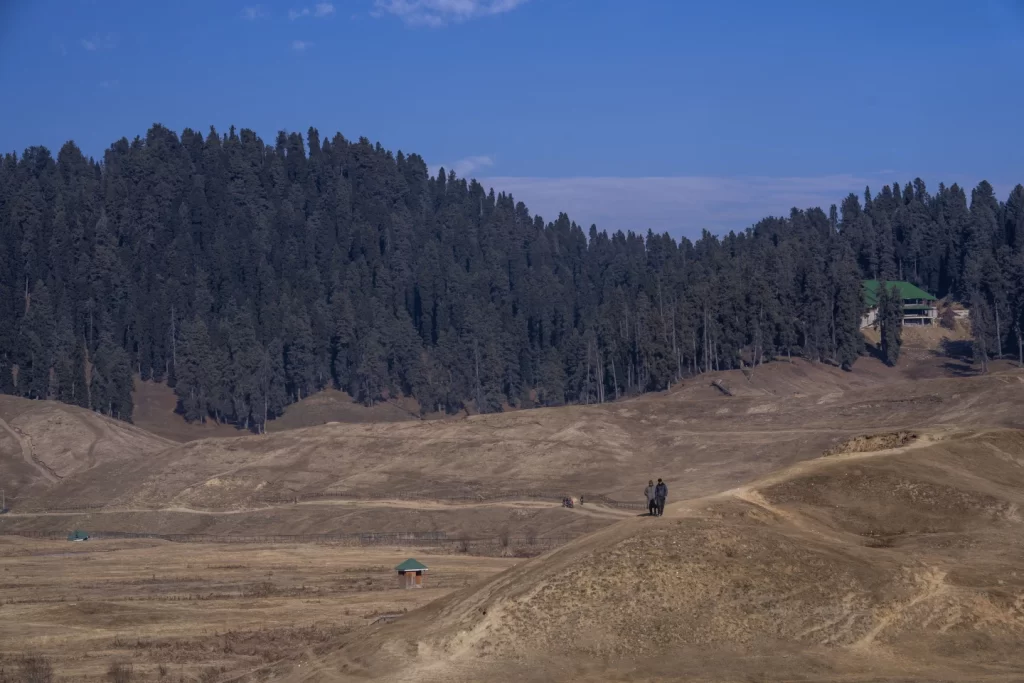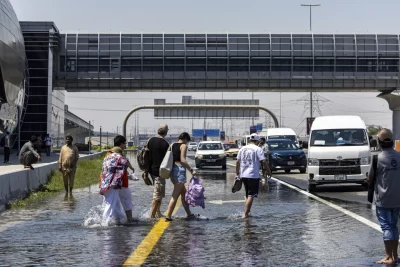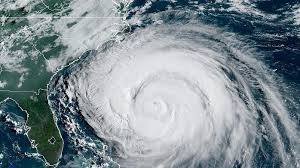
SRINAGAR, India — A prolonged dry spell is sweeping across the Indian-controlled portion of Kashmir during the harshest phase of winter, leaving many people sick and farmers worried about impending water shortages.
Daytime temperatures have been high for about a month now, sometimes at least 6 degrees Celsius (10 degrees Fahrenheit) above the norm, according to Indian meteorological officials. The daytime temperatures usually hover around 5 Celsius (41 Fahrenheit) during this harsh winter period.
Nights, however, continue to be freezing, and have become piercingly cold amid the dry weather.
Experts link the weather shifts in Kashmir with broader climate change and global warming and warn that it could have a cascading impact on the region’s water resources and agriculture.
“We have witnessed in the last some years that the winter period has shortened due to global warming,” said Mukhtar Ahmed, head of the Indian meteorological Department’s Kashmir office. “It is not good for this place or for that matter any place as it adversely impacts multiple sectors, be it hydroelectric power generation, tourism or agriculture.”
The stunningly beautiful Himalayan region of Kashmir is divided between India and Pakistan and both claim the disputed region in its entirety
Earlier this week, climate scientists confirmed that 2023 was the hottest year on record and projected that January will be so warm that a 12-month period will exceed the 1.5-degree Celsius (2.7 Fahrenheit) threshold for the first time.
Countries had set a goal of limiting global warming since pre-industrial times to 1.5 degrees at the 2015 Paris climate talks to avert the worst consequences of climate change.
In Kashmir, the winter has historically been divided into three parts. The first is Chillai Kalan, the coldest 40-day part of winter that begins in late December when temperatures drop considerably, leading to the freezing of bodies of water as well as water in pipes. The chances of snowfall are the highest in this phase and most areas, particularly the higher reaches, receive heavy snowfall.







